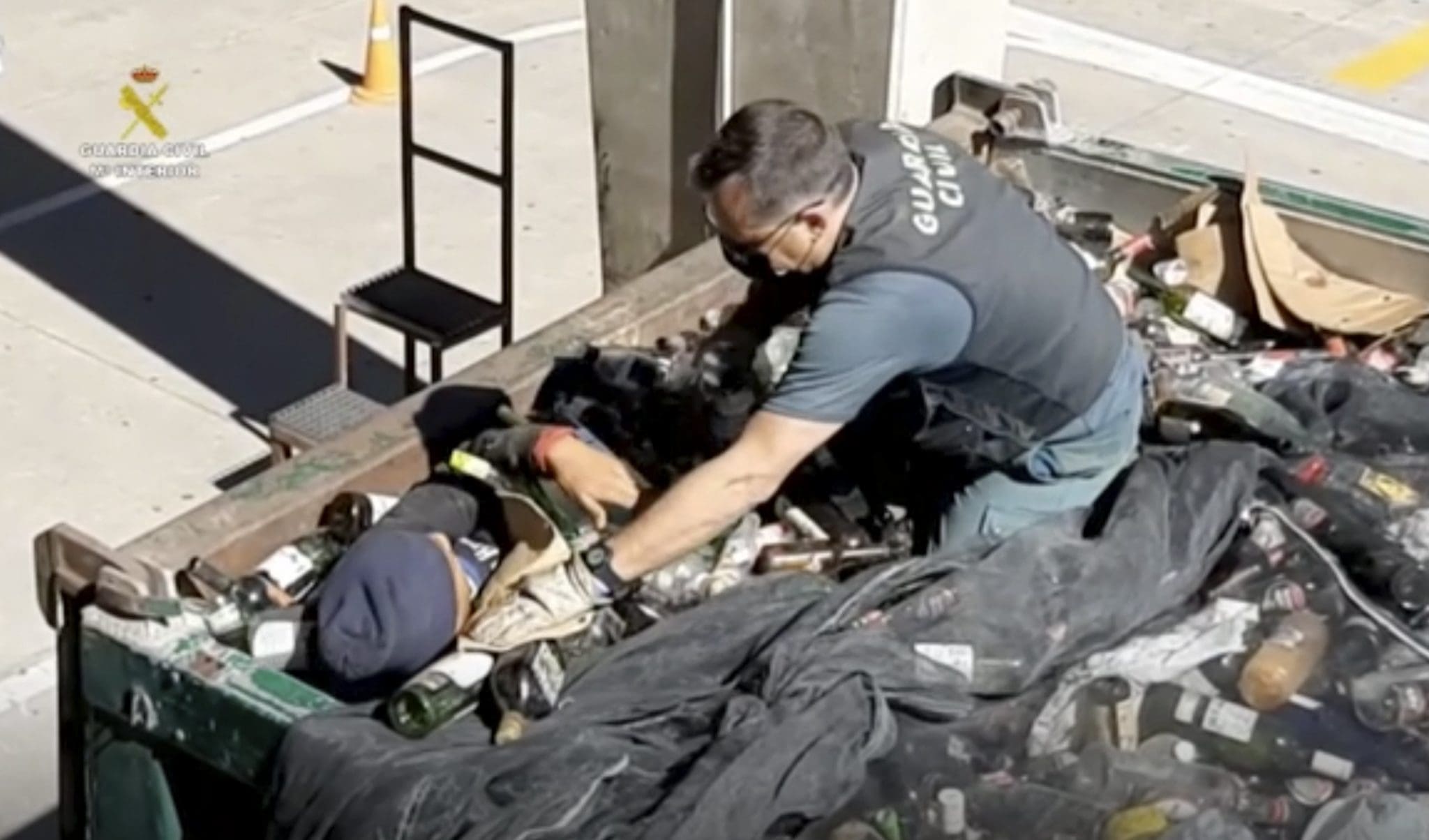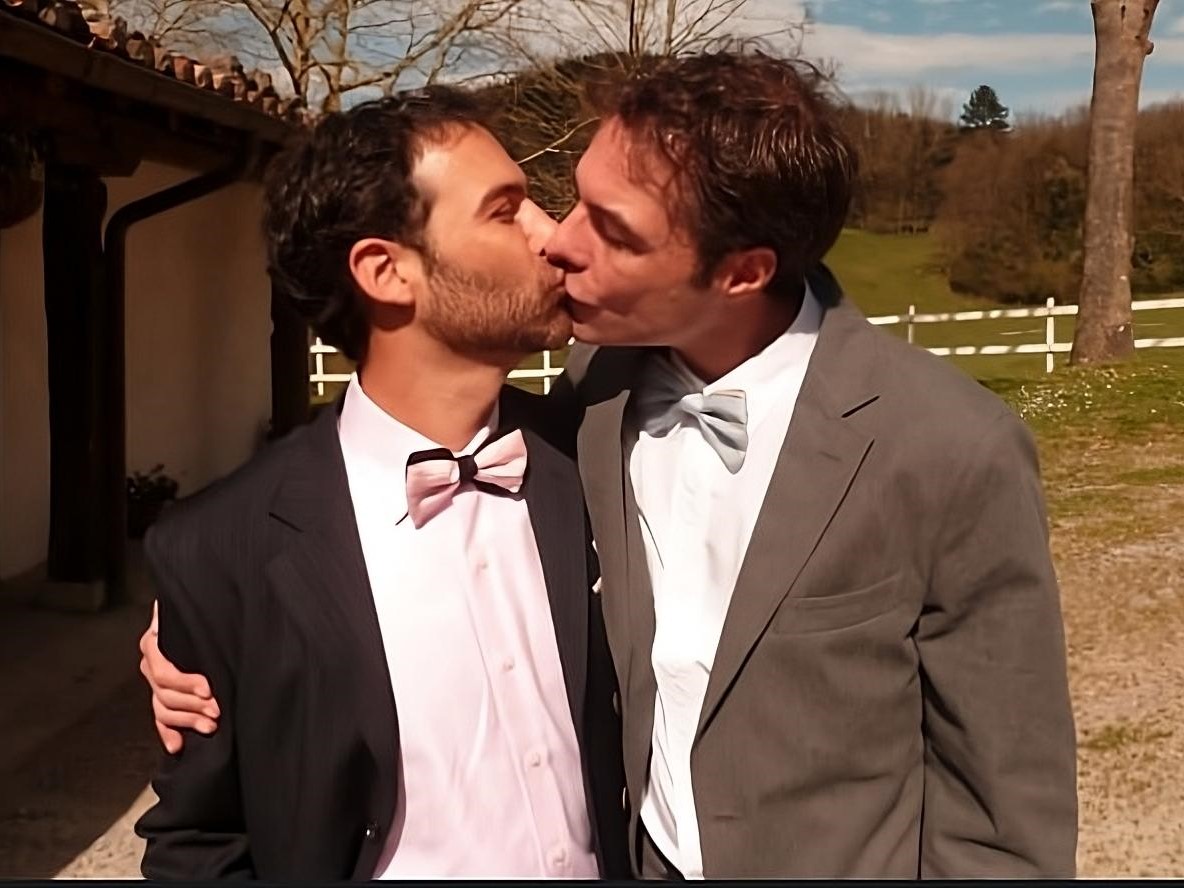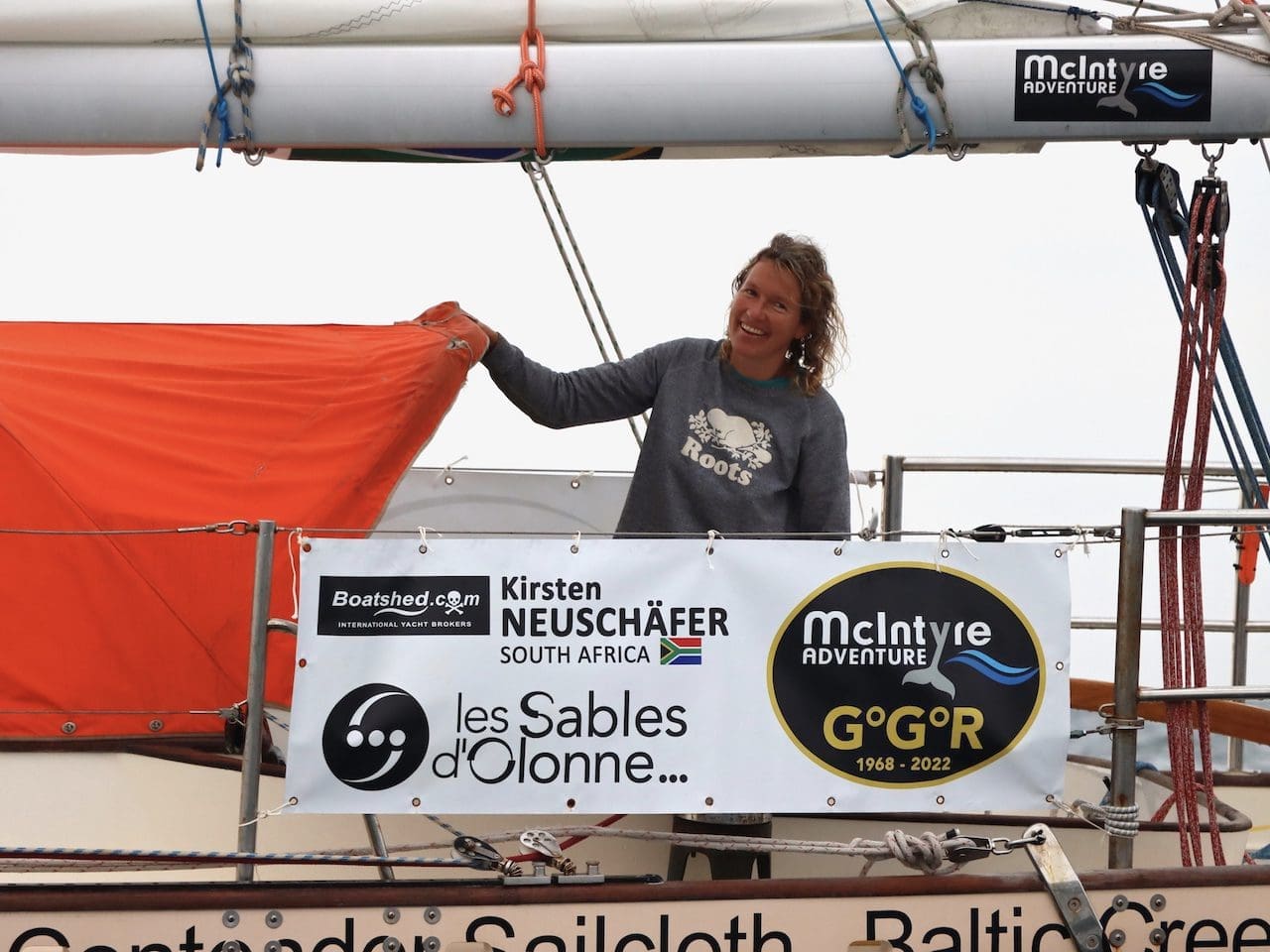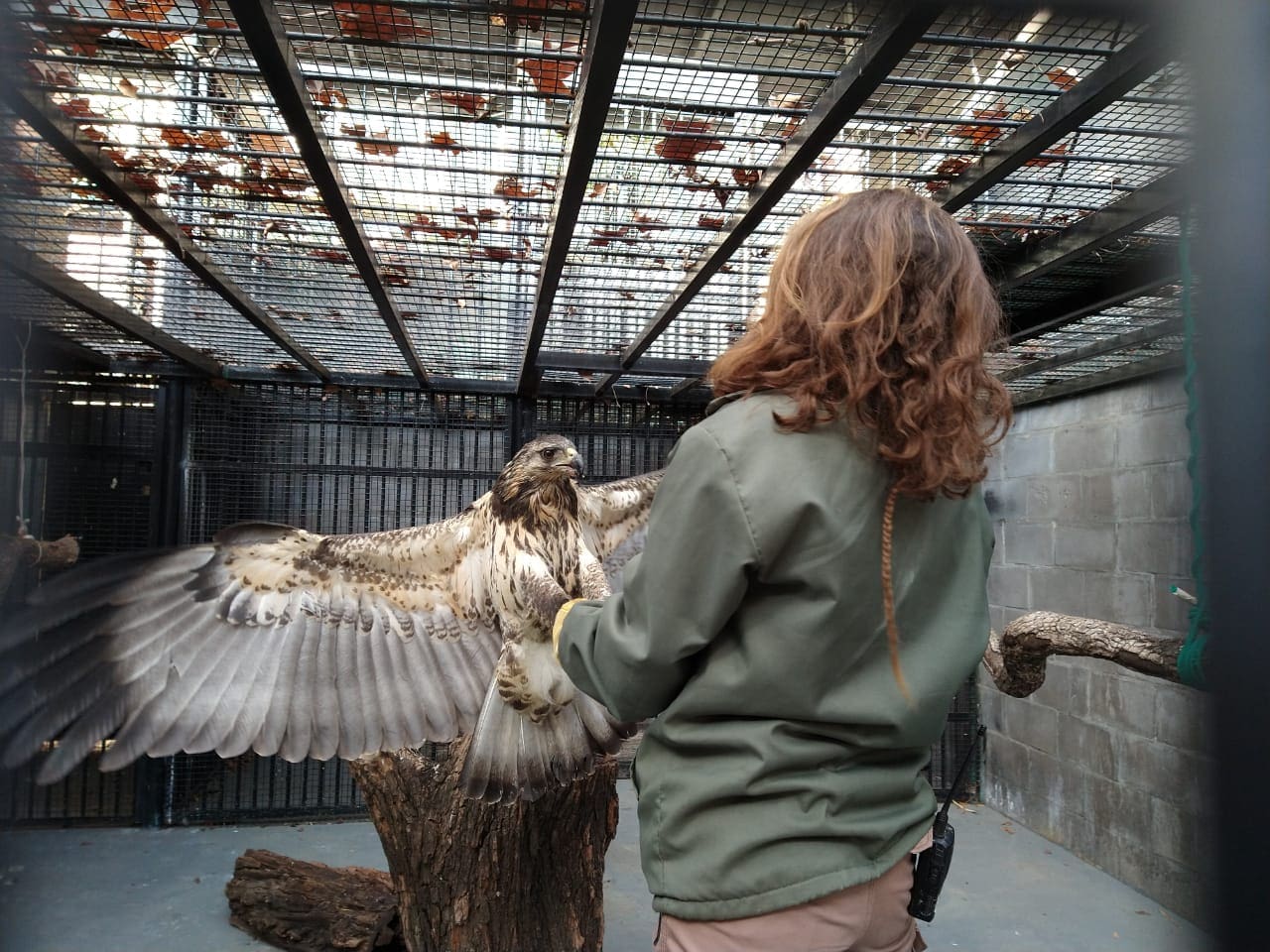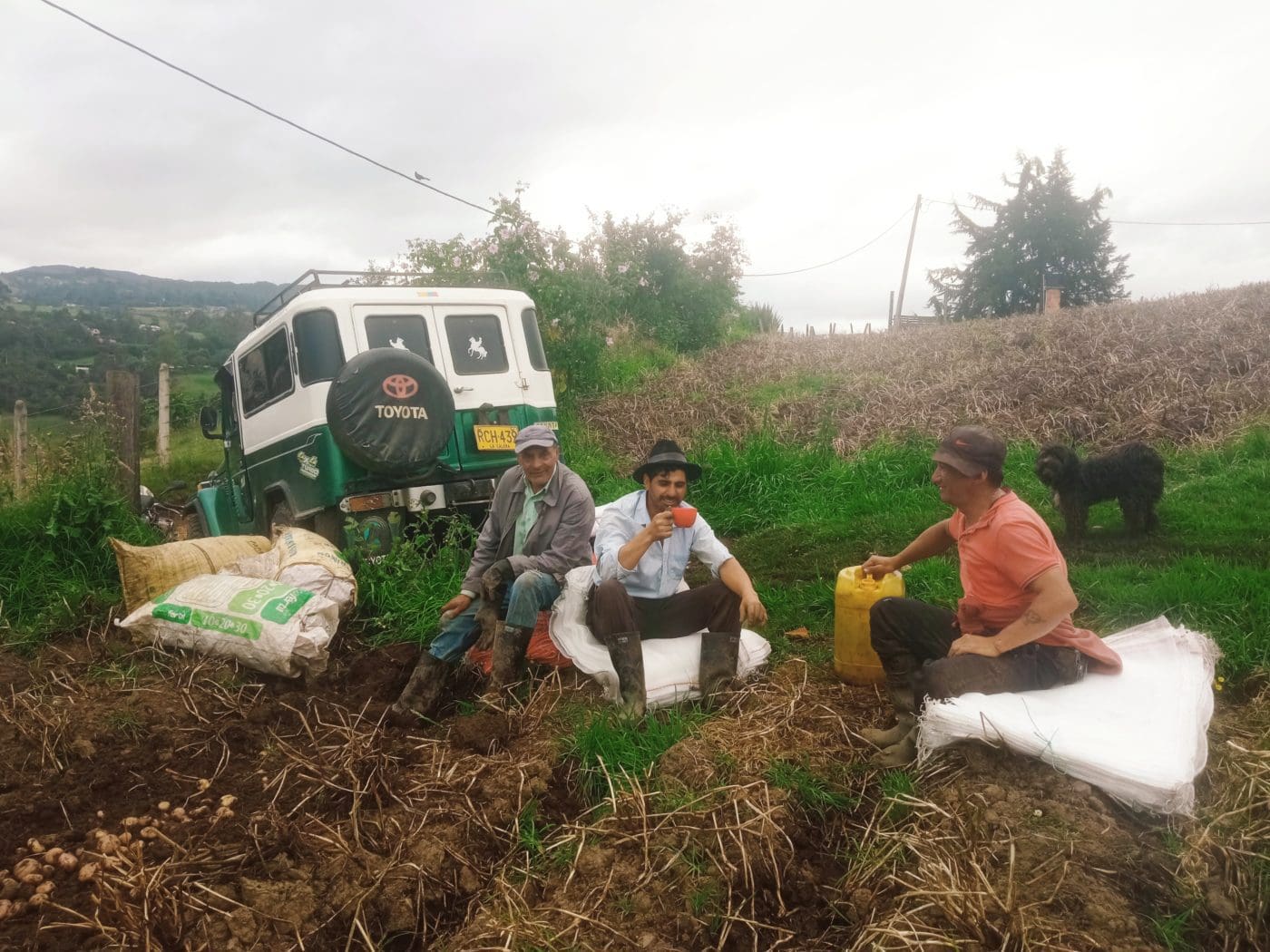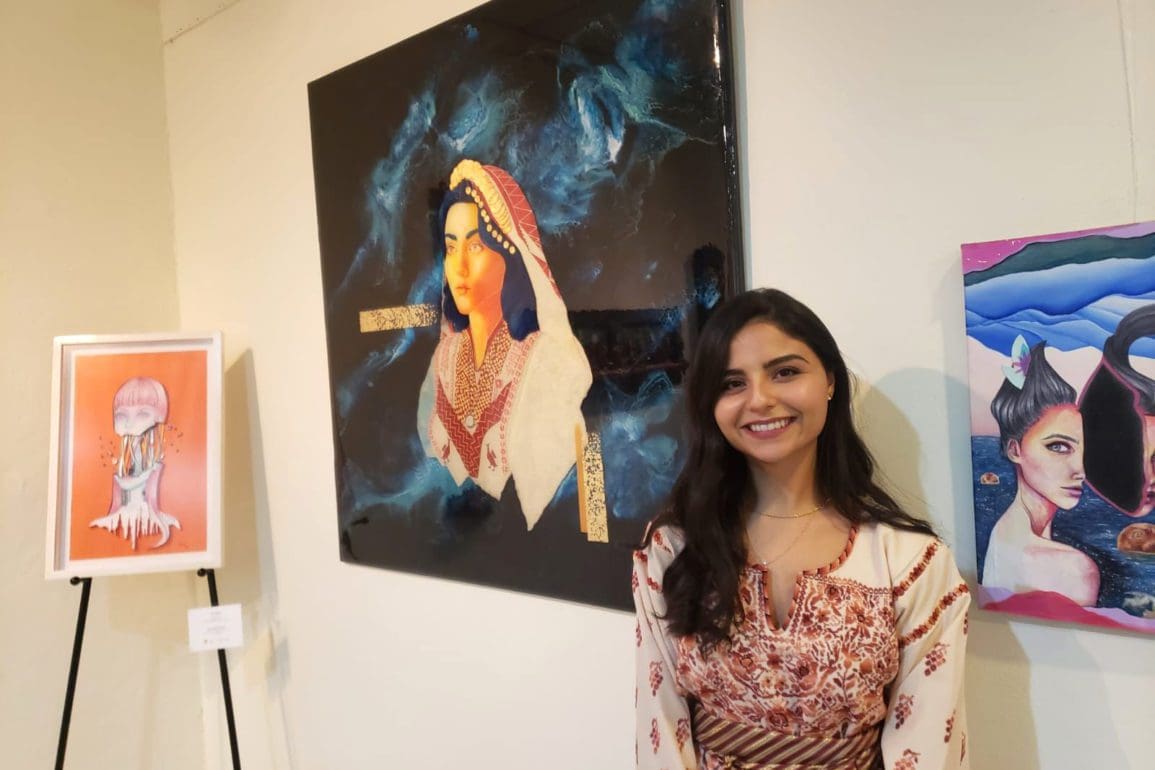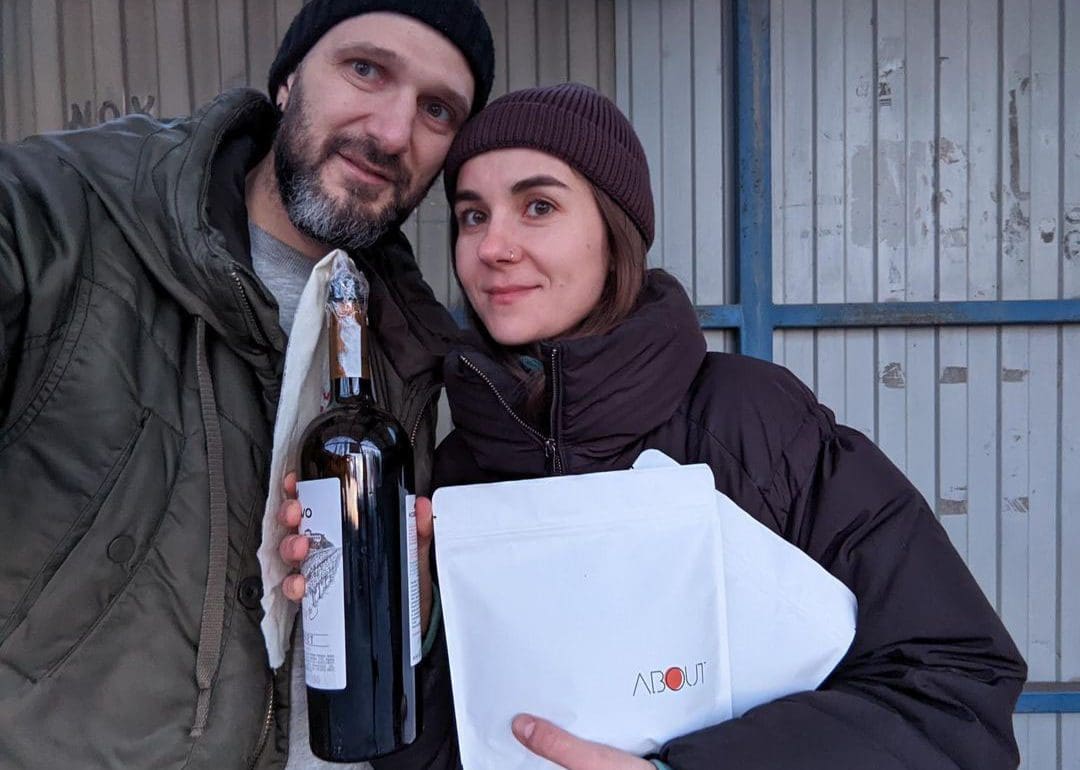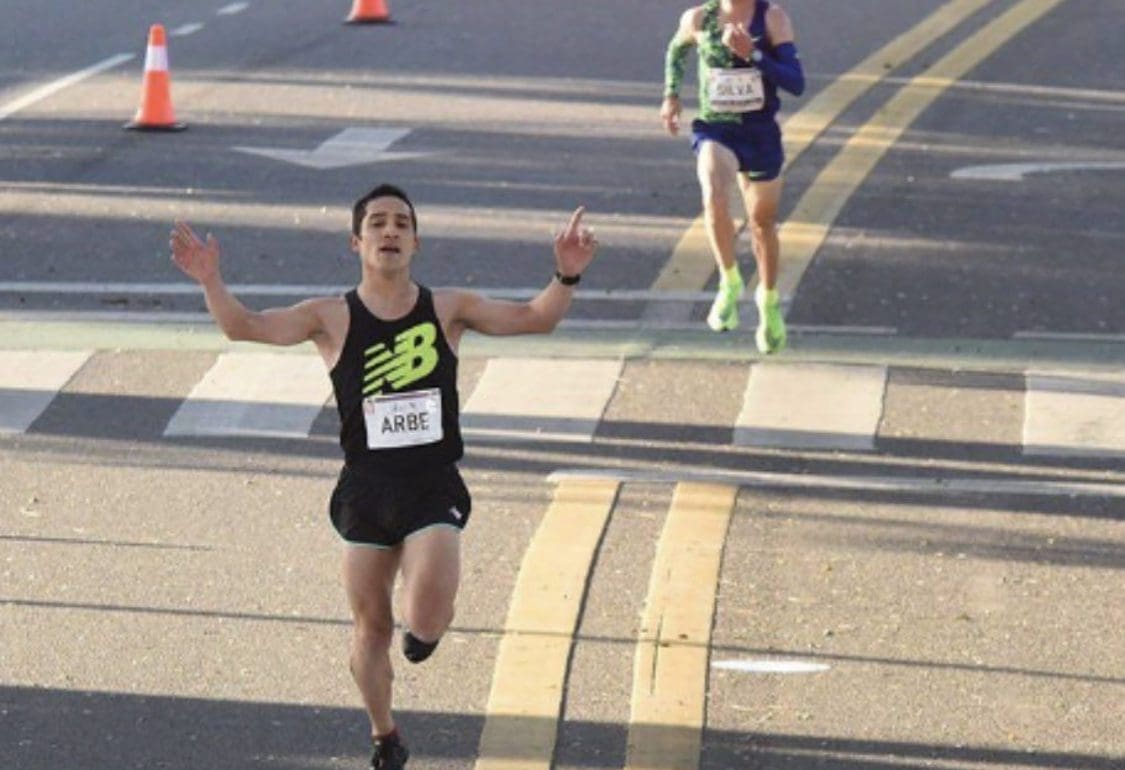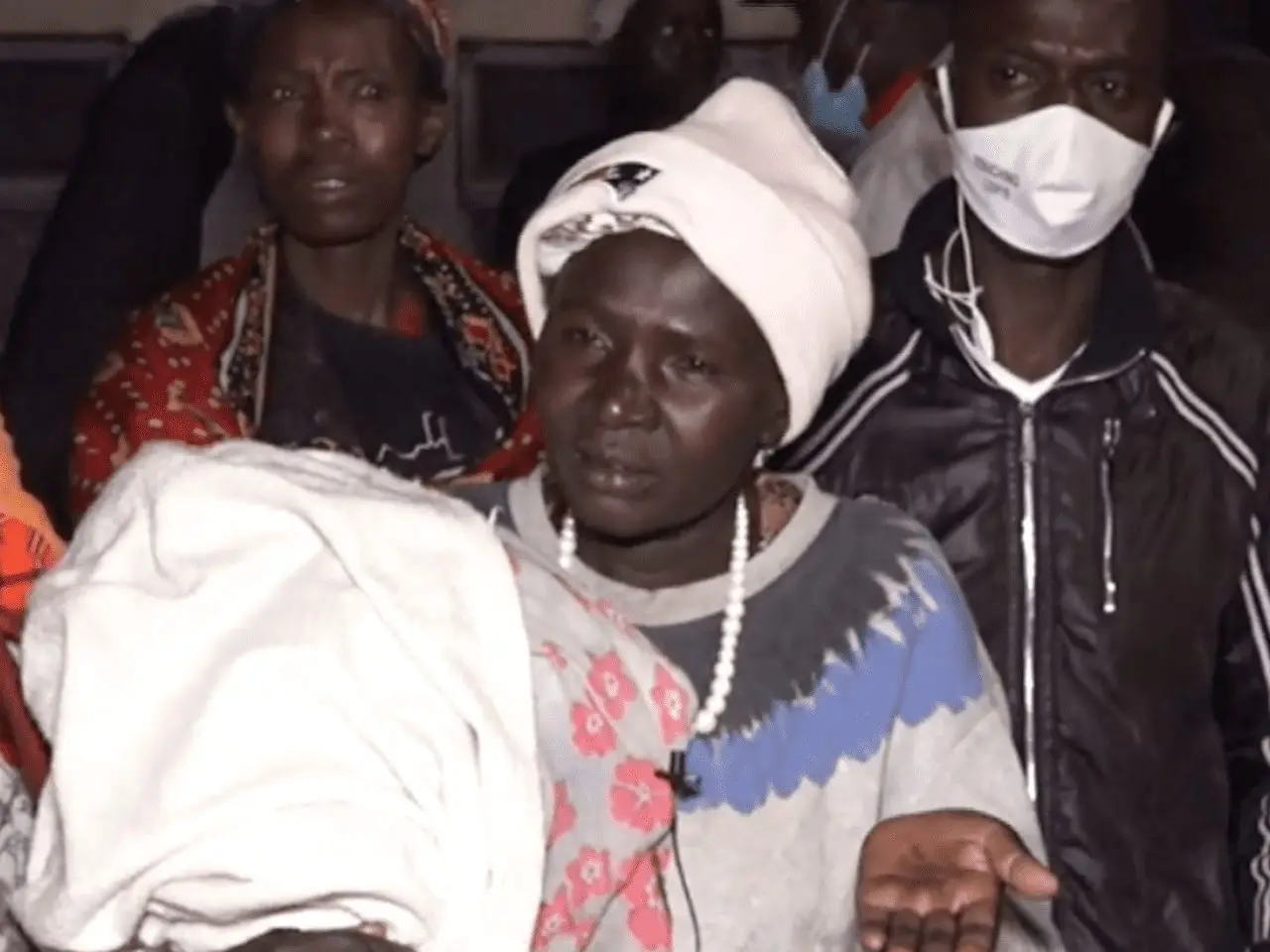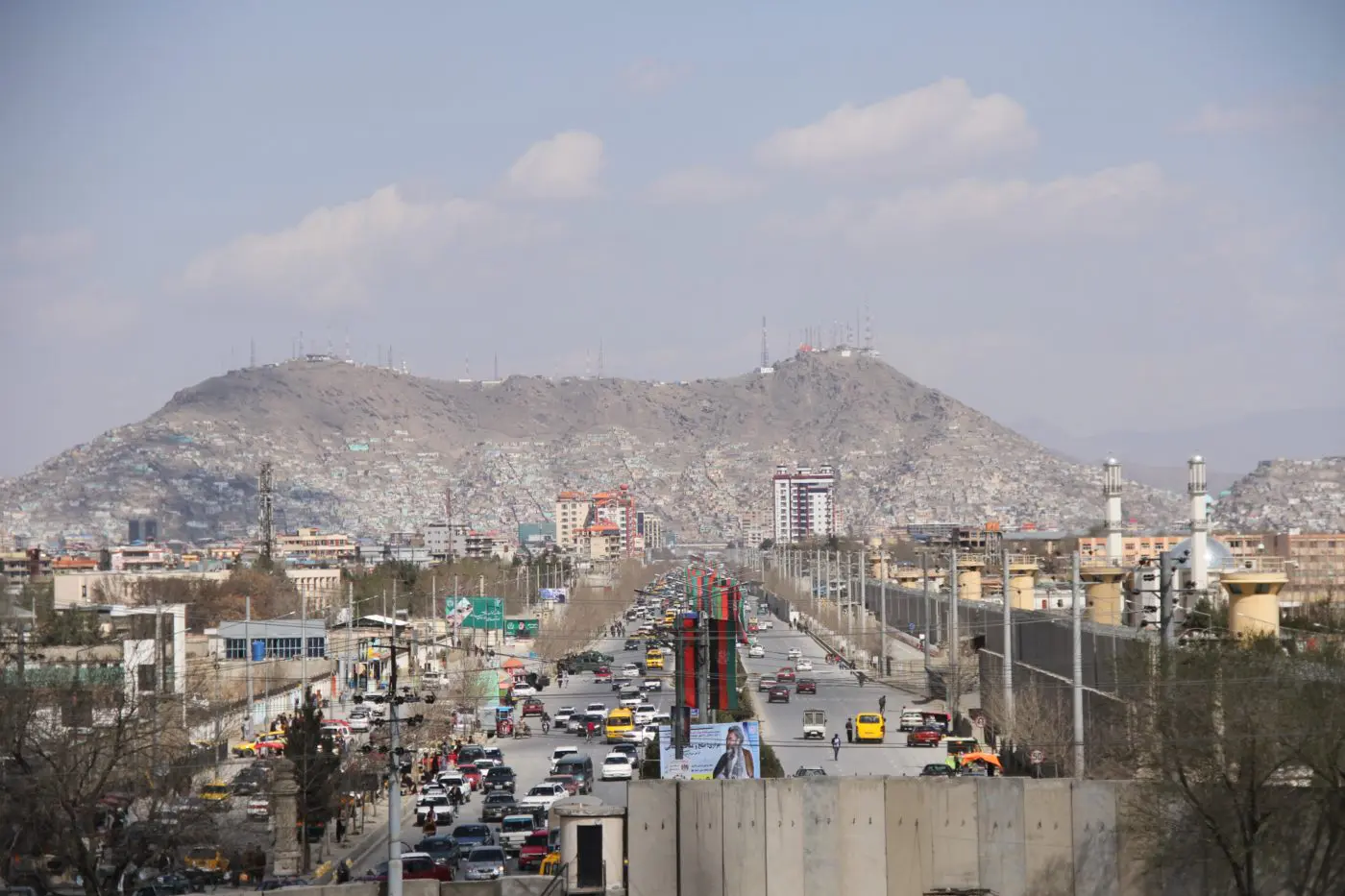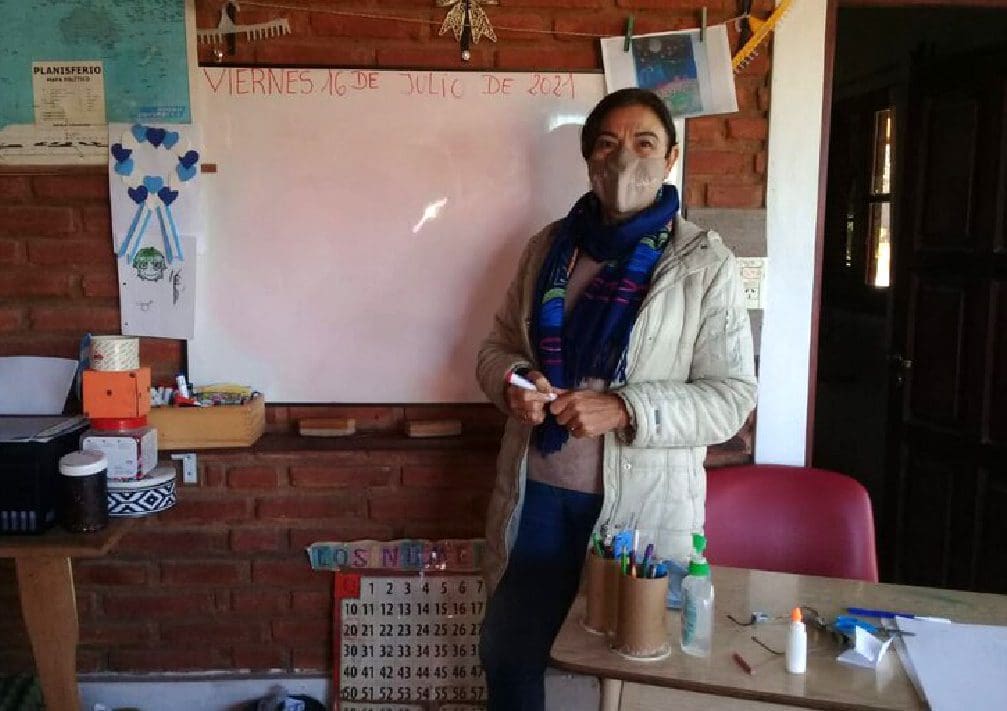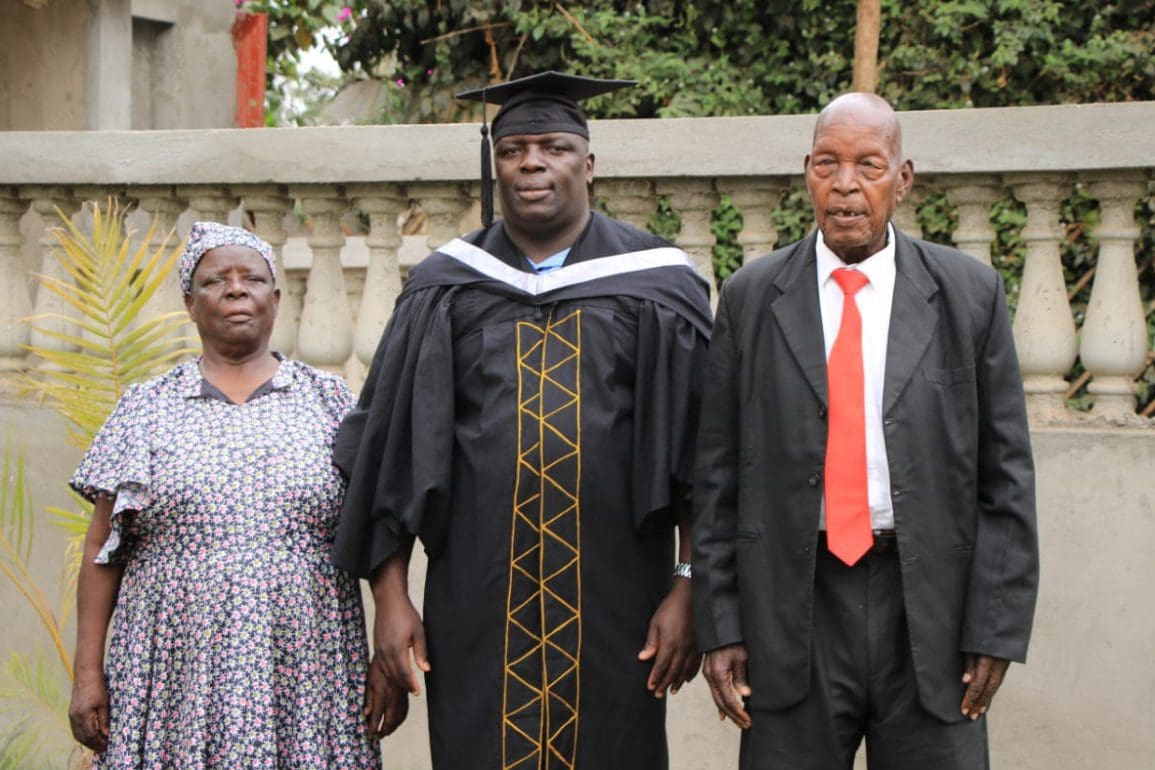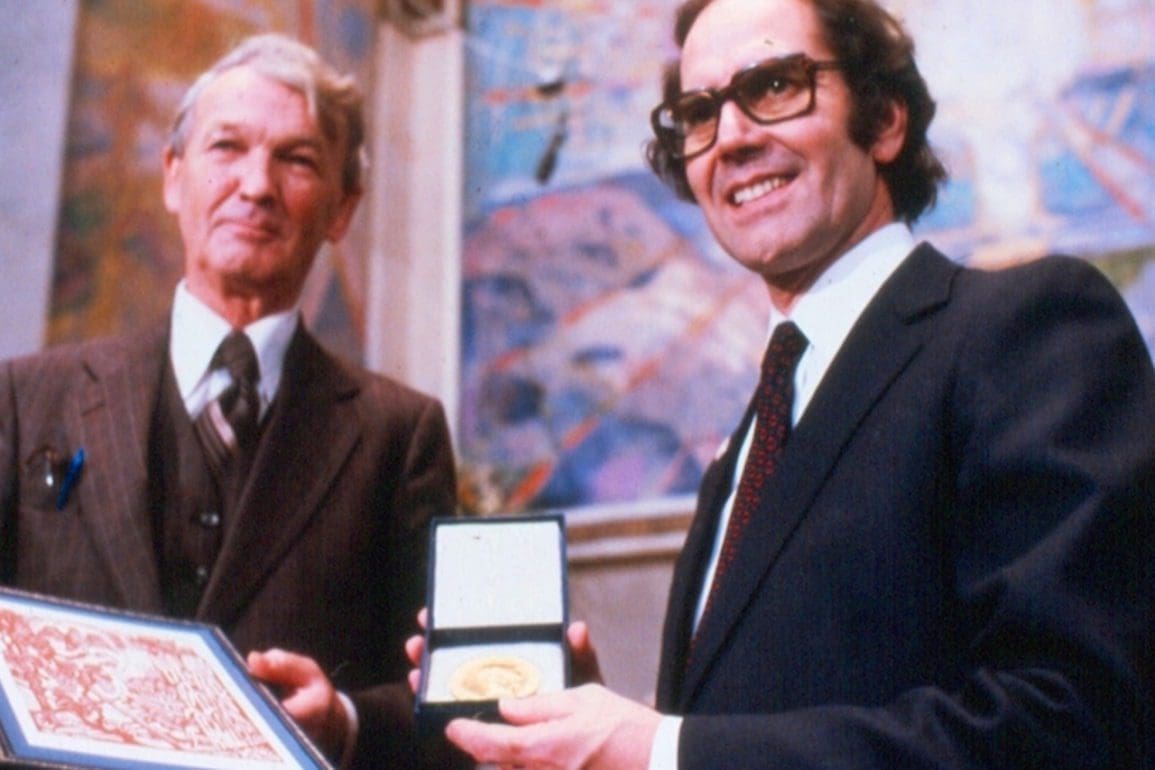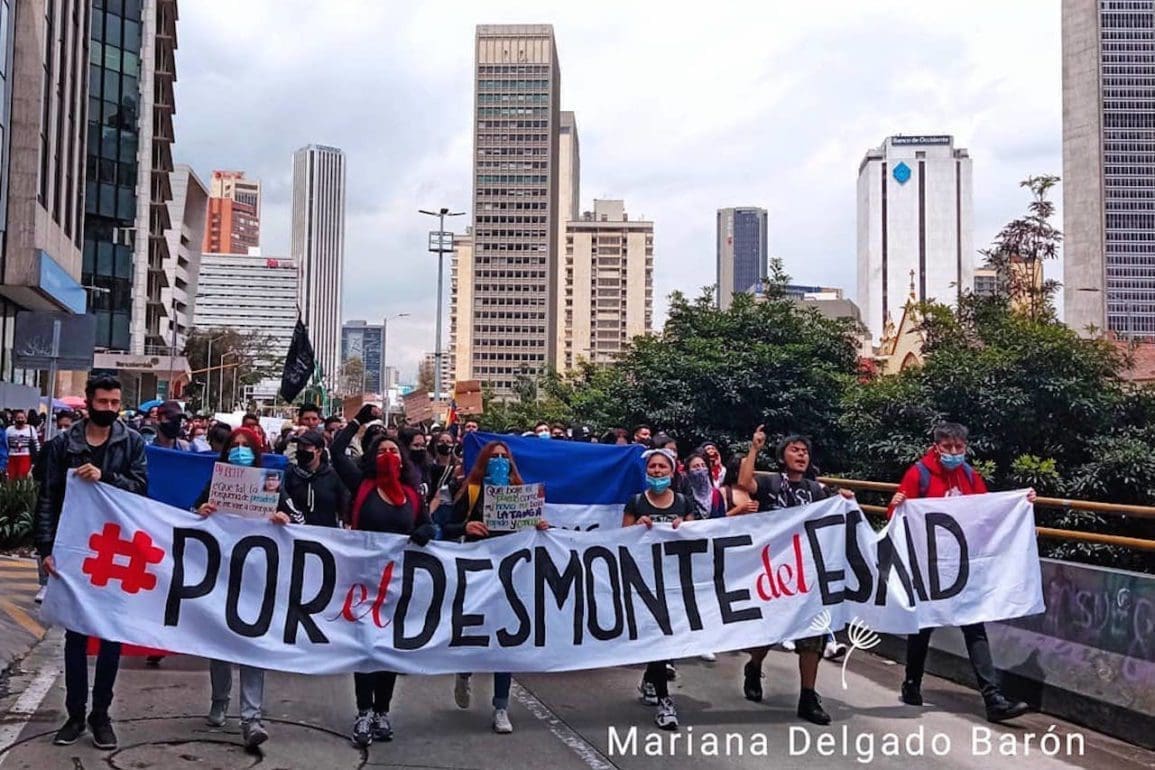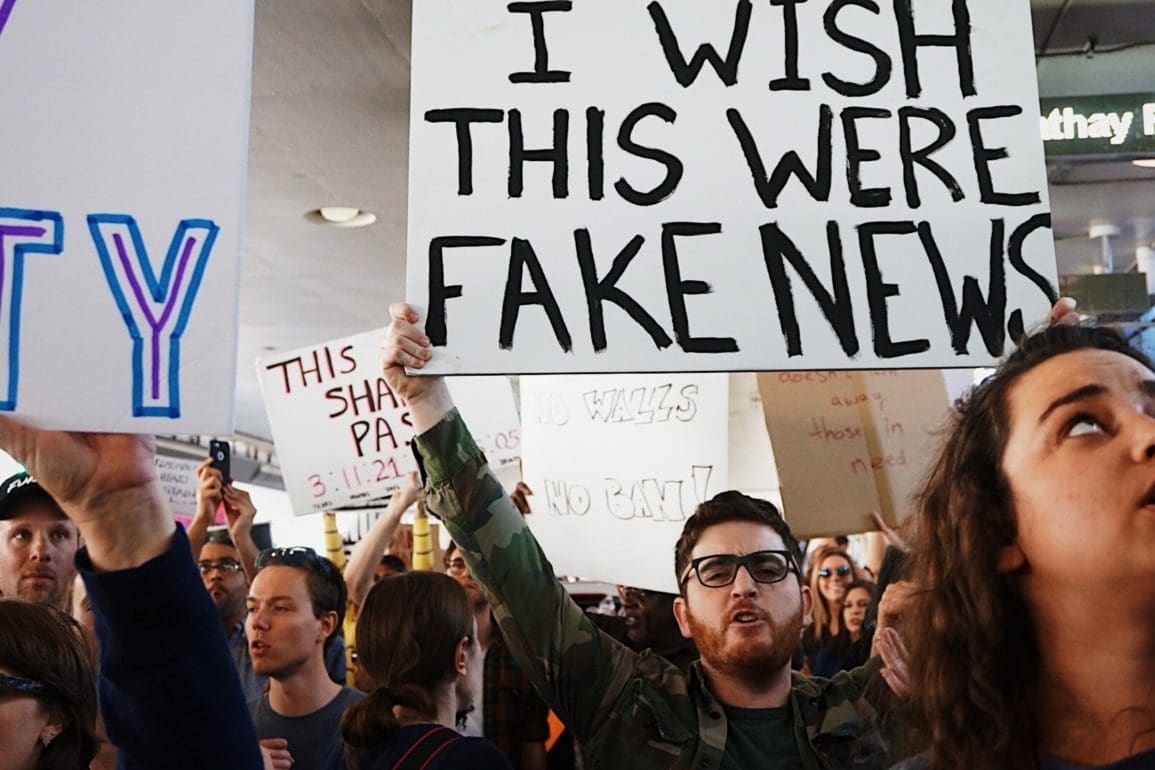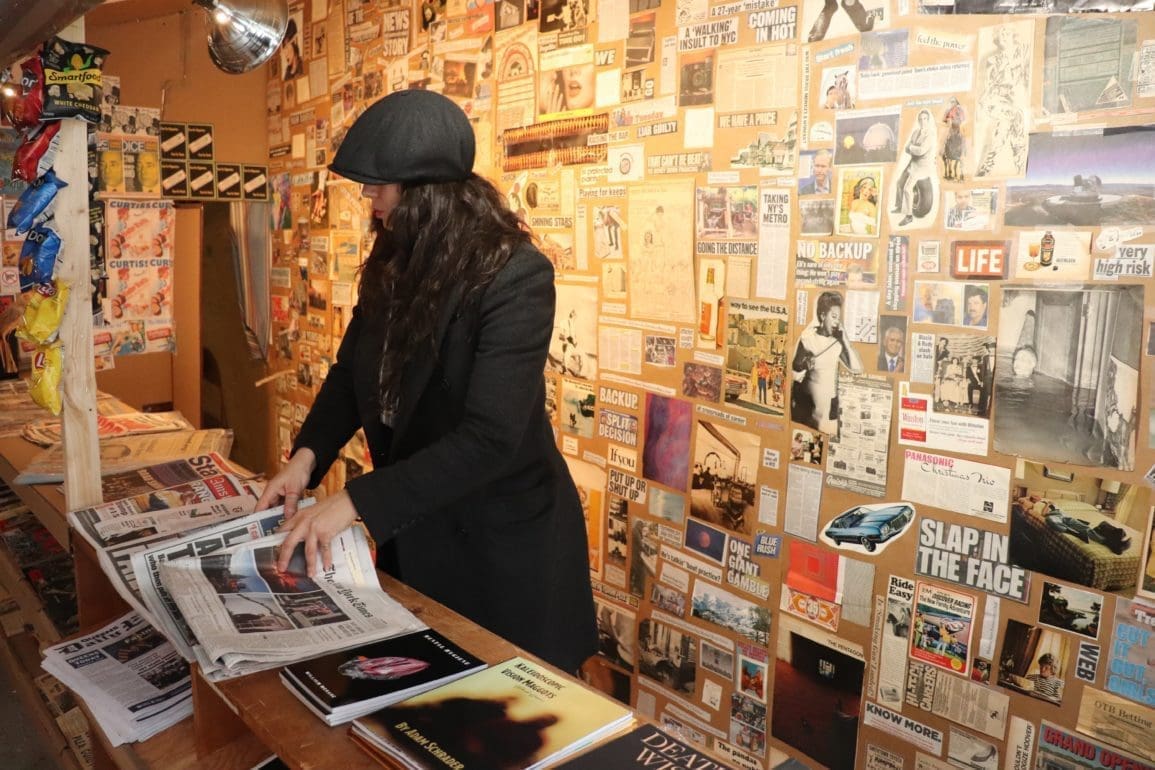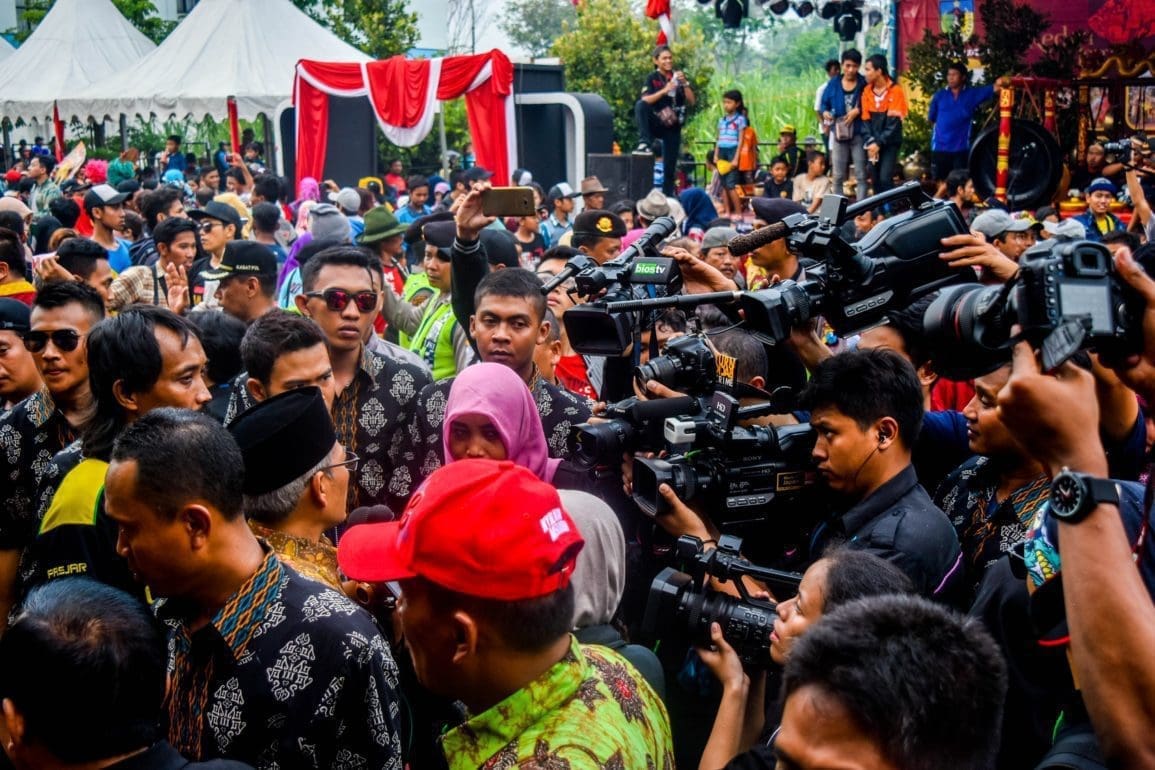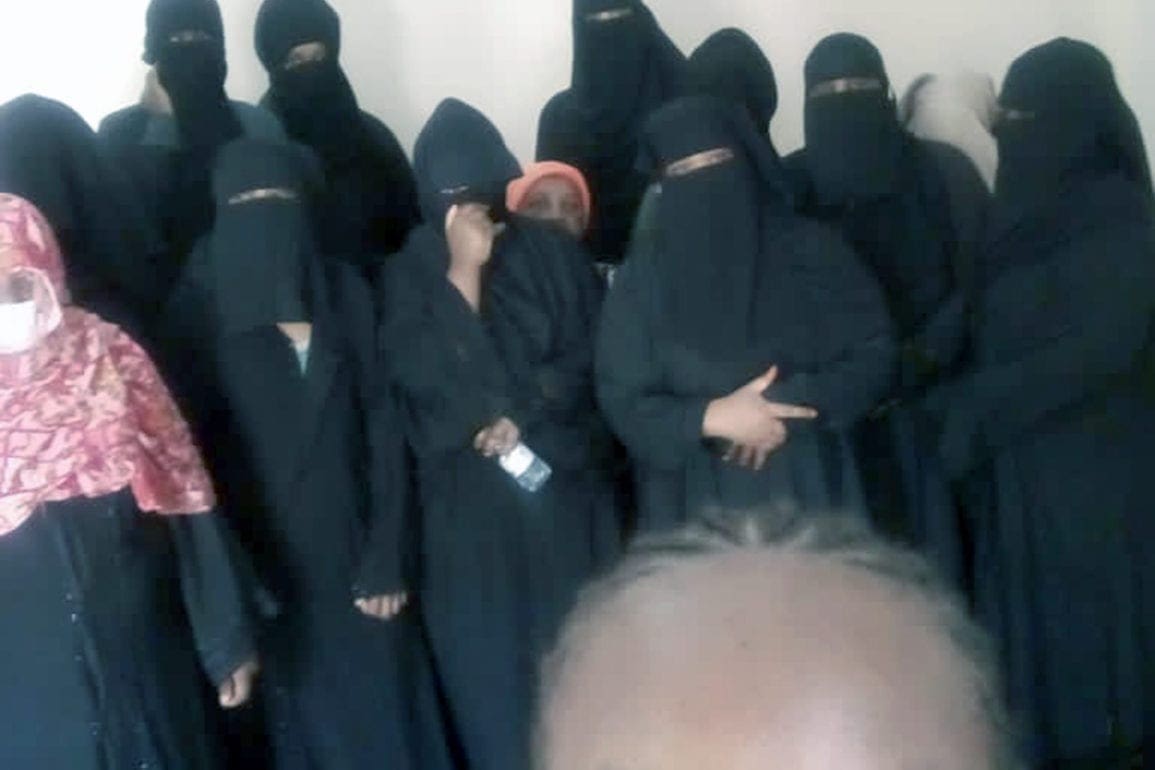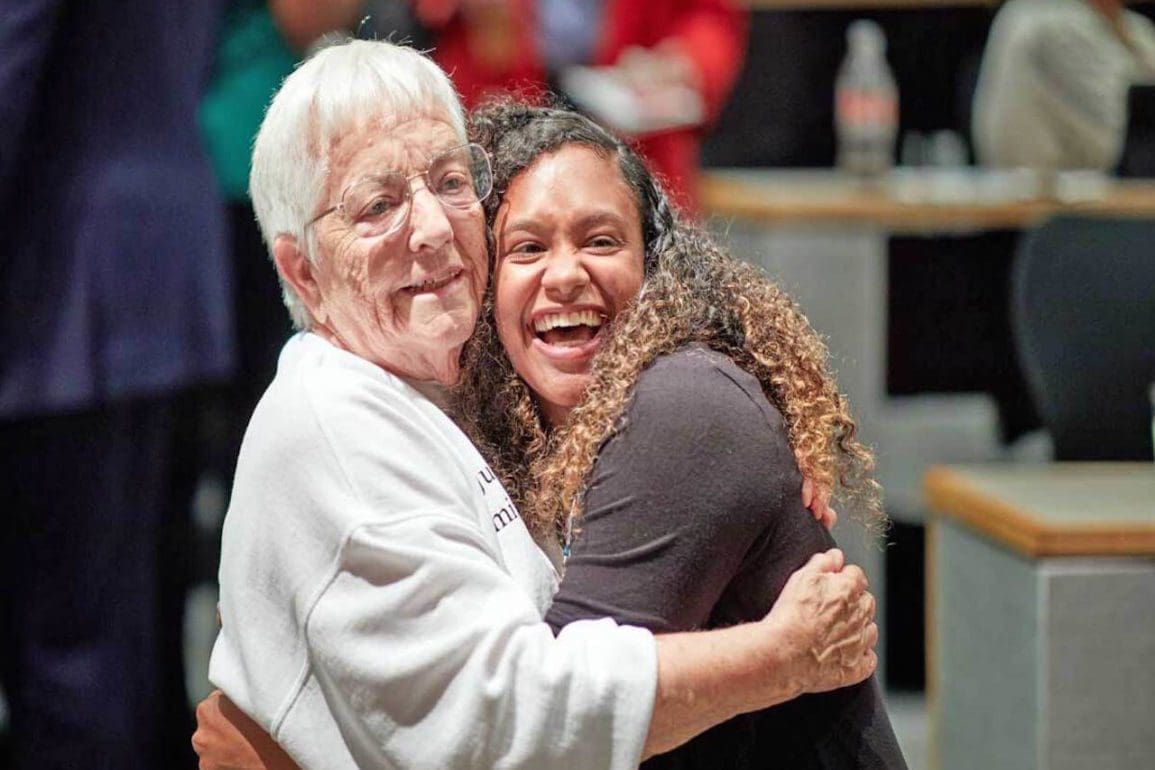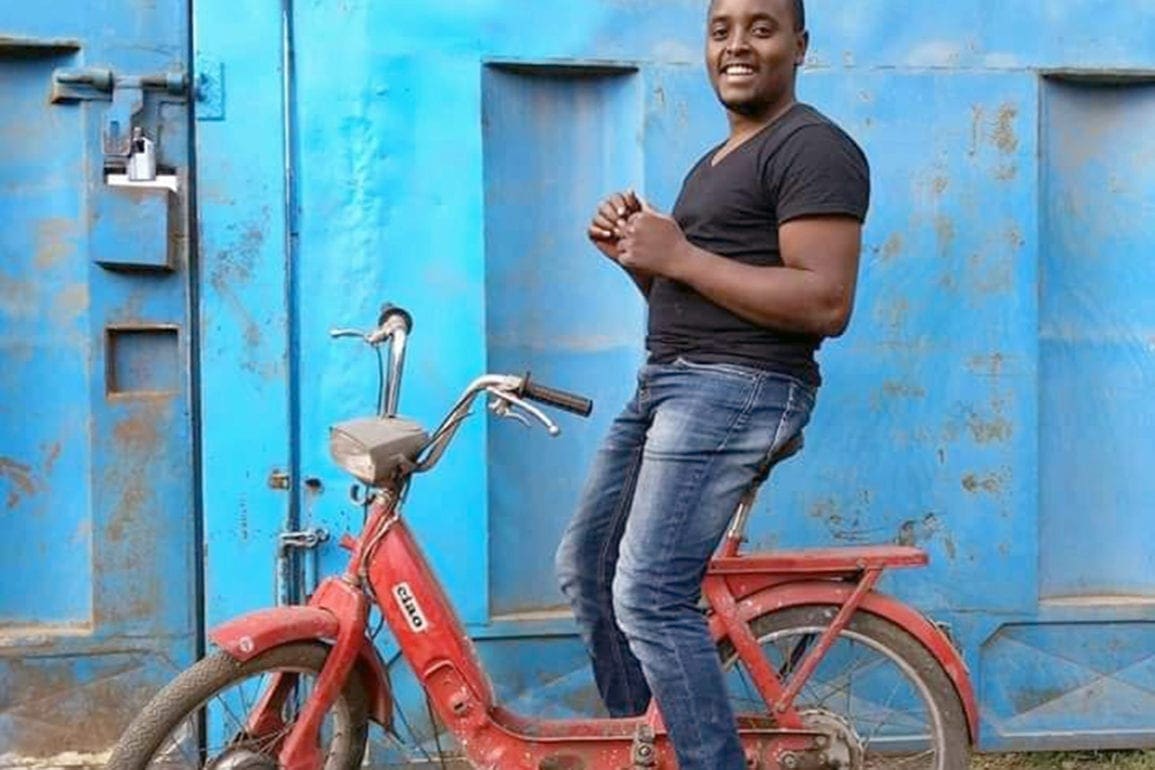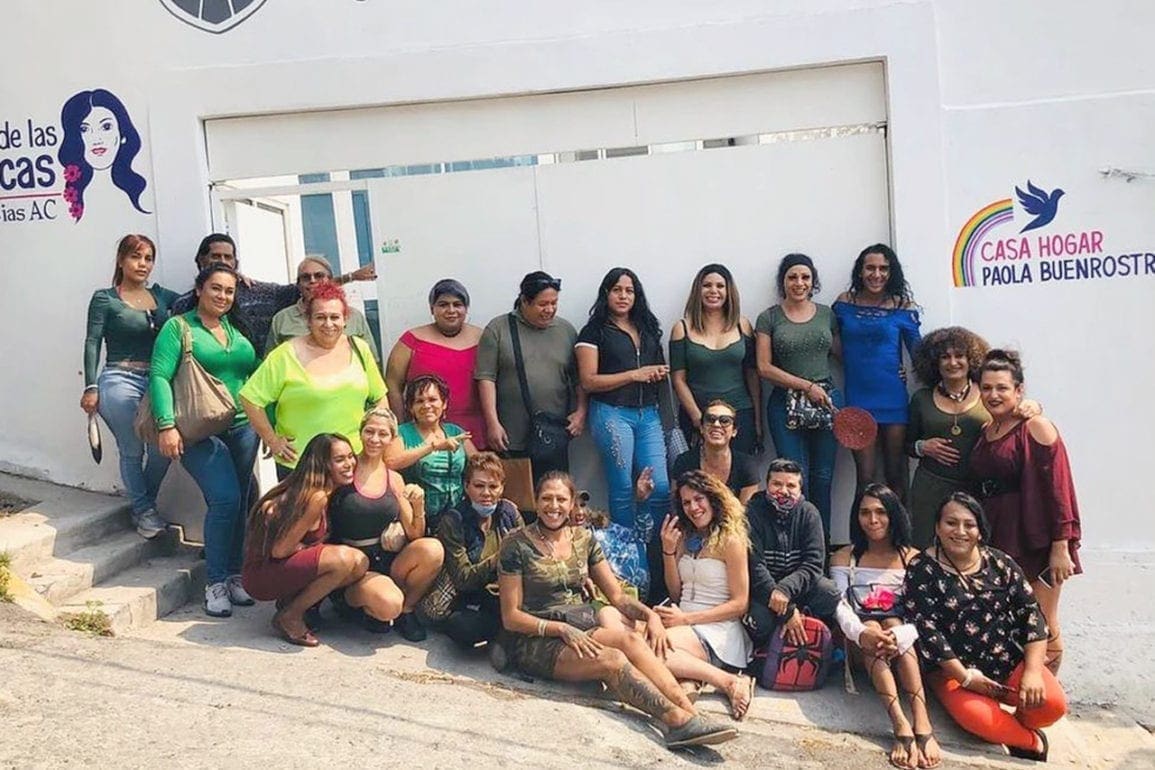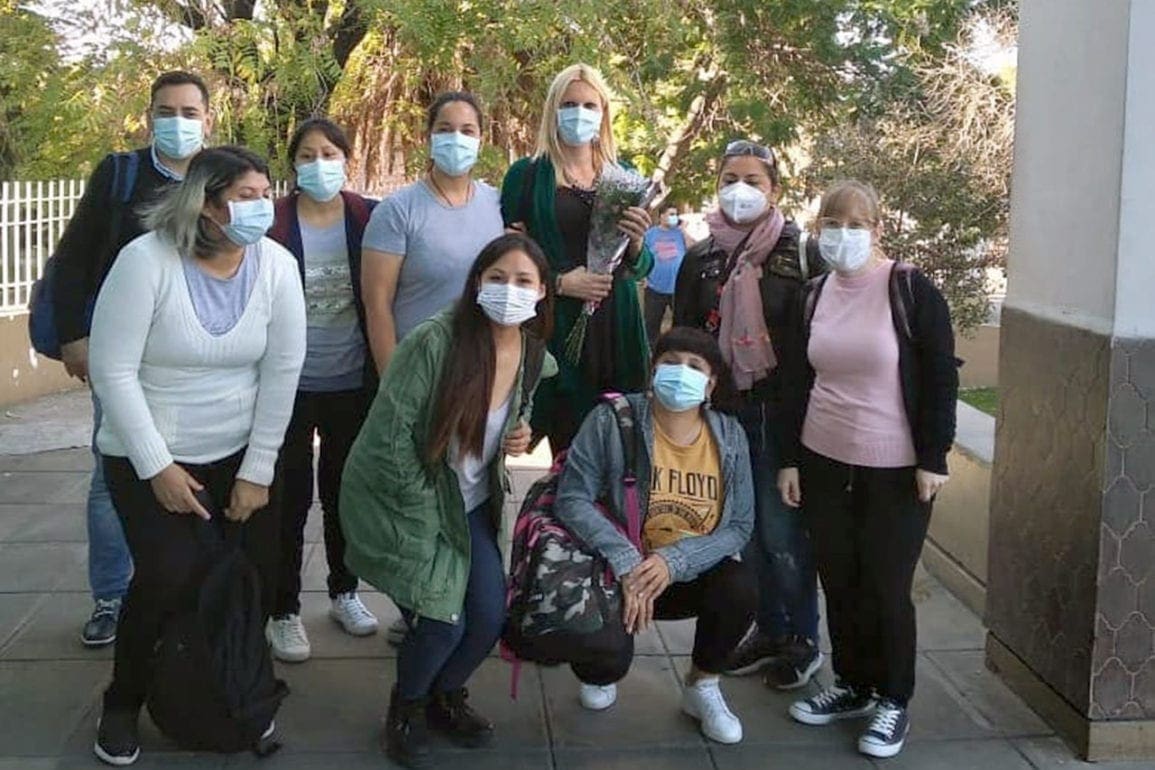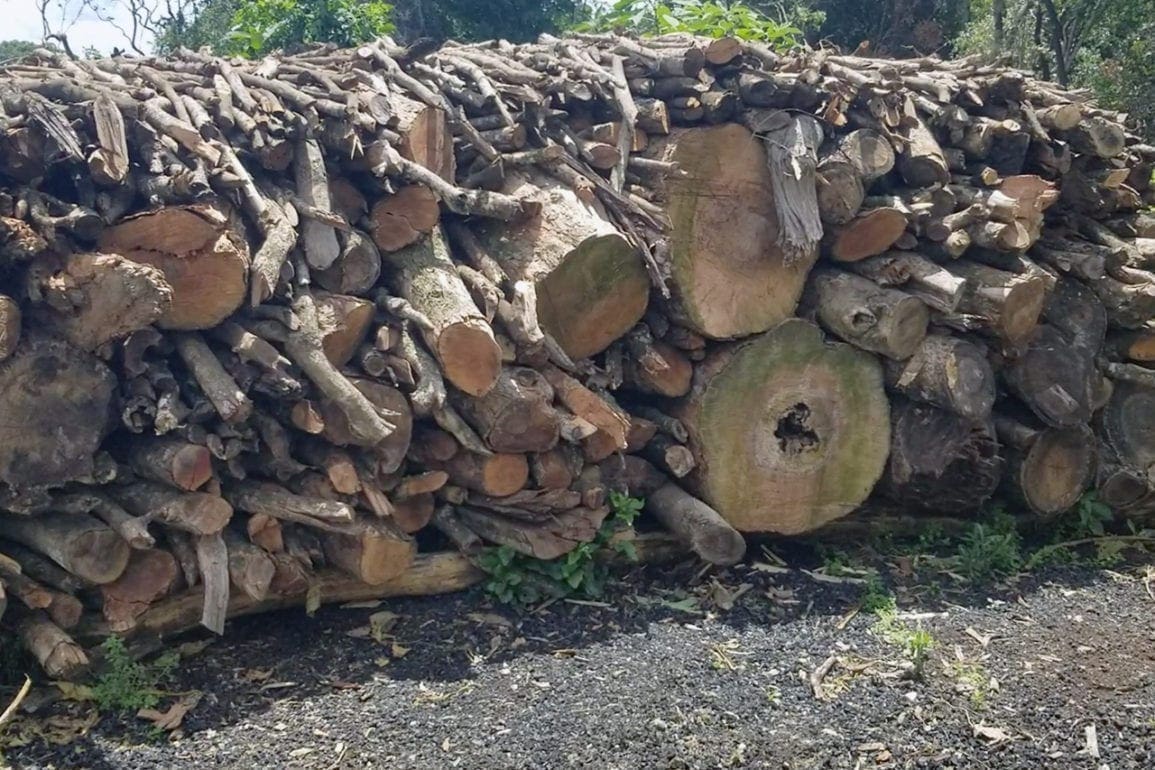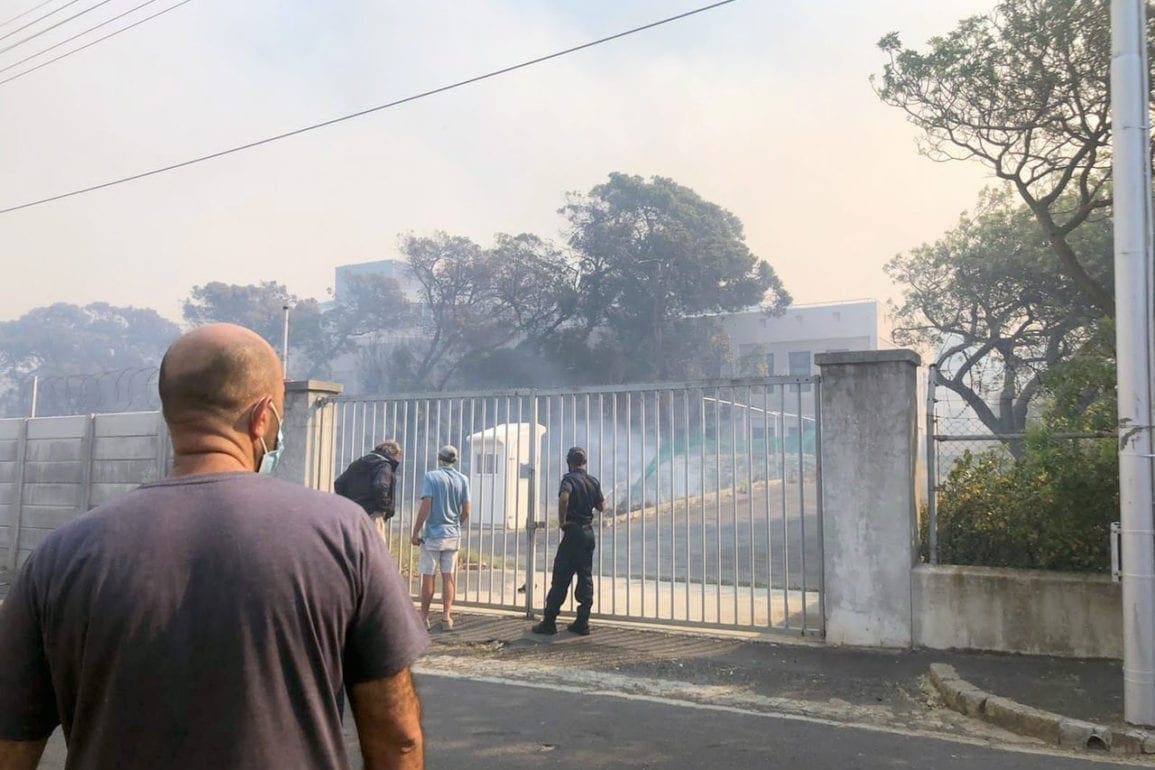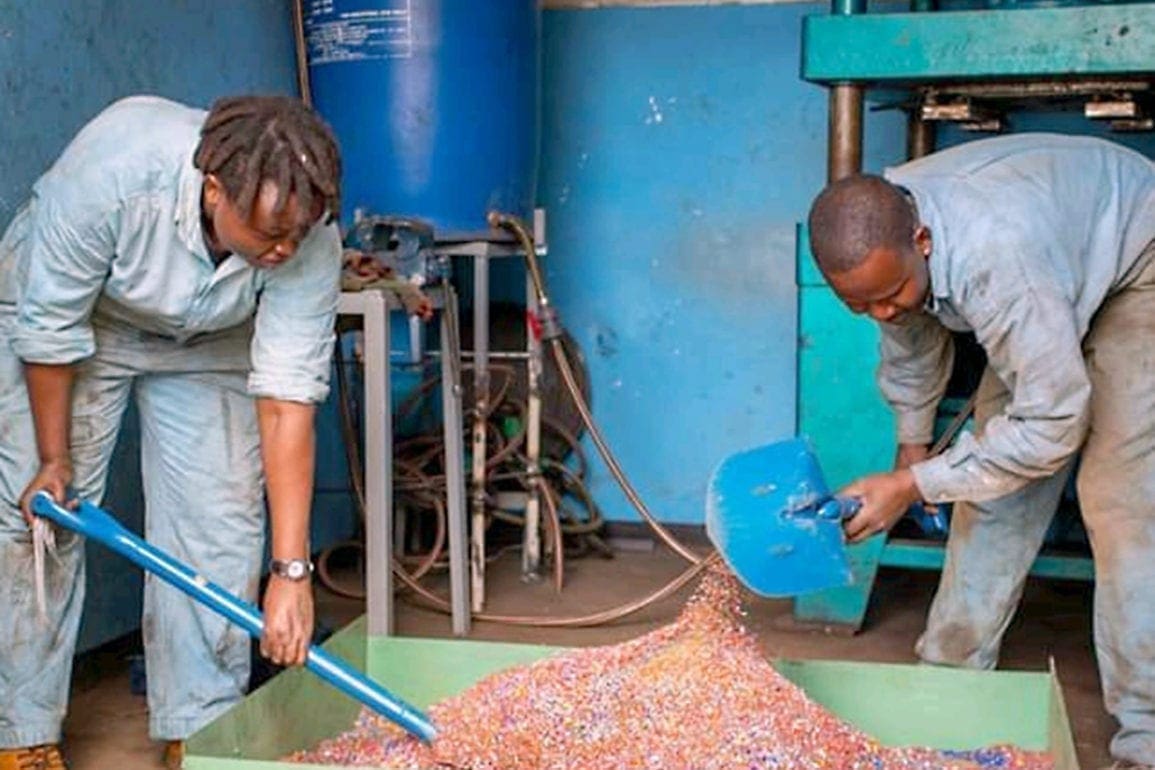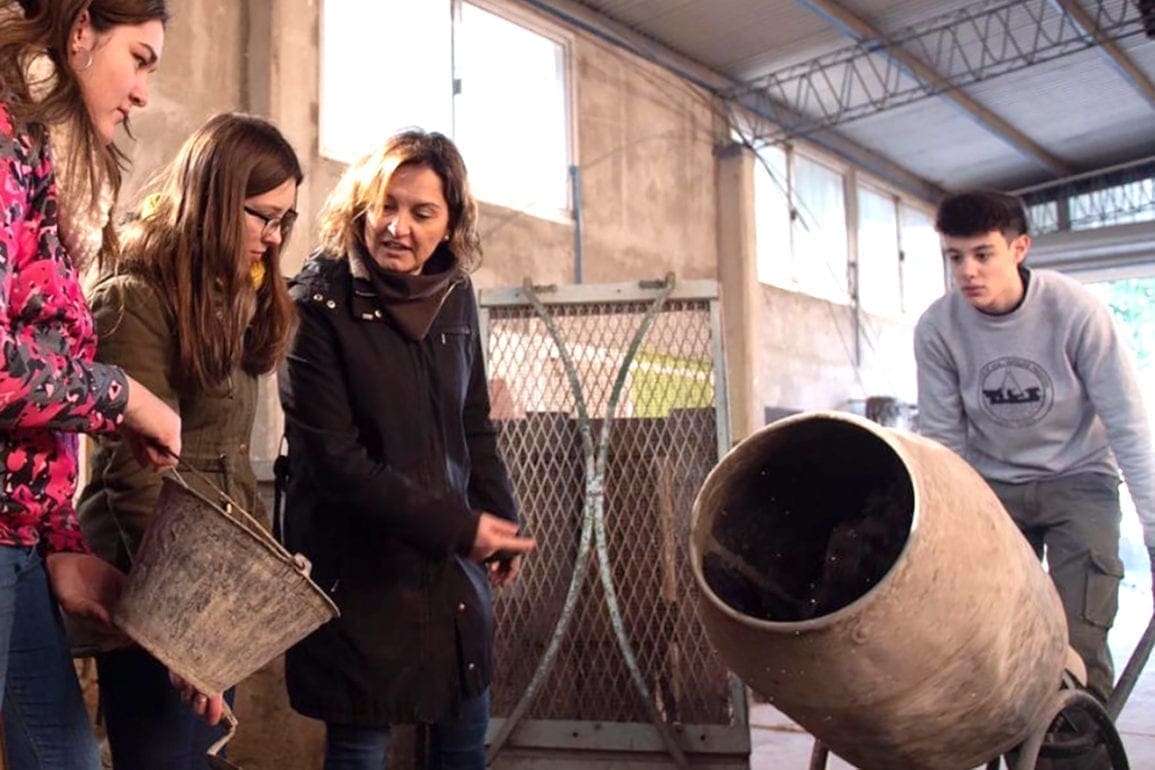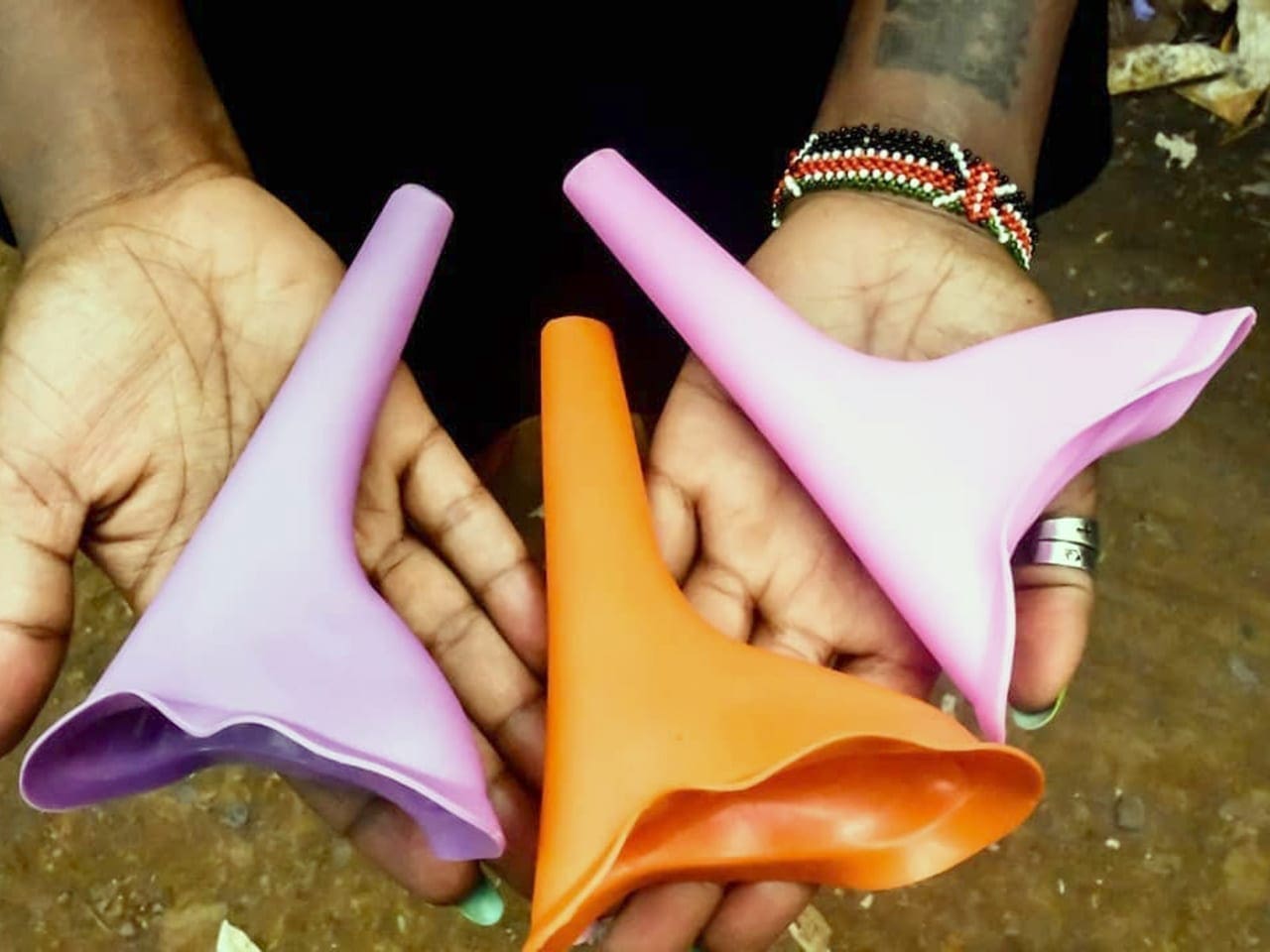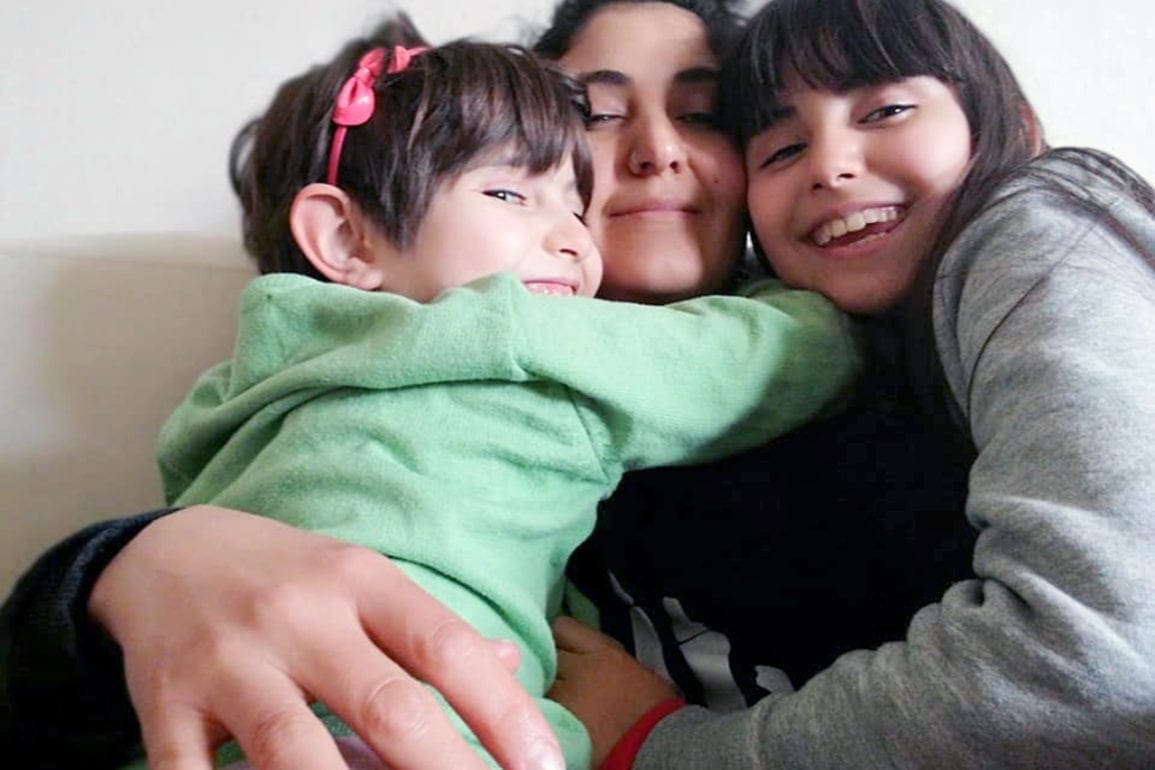Democracy dies in the dark, investigative journalism for a free society
First-person storytelling: a modern version of investigative journalism
- 3 years ago
August 12, 2021
One hundred and fifteen years ago, Upton Sinclair became famous for his book The Jungle, a pivotal example of investigative journalism. Sinclair spent seven weeks working undercover in a Chicago meatpacking plant. His book exposed the brutal and filthy conditions endured by immigrants. It shed light on the unsanitary way meat was produced and packaged.
Sinclair’s book compelled elected officials to move forward with the controversial Pure Food and Drug Act and the Federal Meat Inspection Act. This form of news exposes injustice and holds business, government, and society accountable.

In his book, Sinclair said, “The rich people not only had all the money, they had all the chance to get more; they had all the knowledge and the power, and so the poor man was down, and he had to stay down.”
First-person storytelling
Journalism, in its finest form, exposes reality. It tells the truth about the experience of the people. It serves humanity not authority, and maintains the balance of power in society.
Modern journalism can still be as raw, gritty, and real as Sinclair’s The Jungle. Sadly, our industry has been distilled down to polished, packaged, profit-driven corporations. Real investigative journalism is replaced by sound bites.
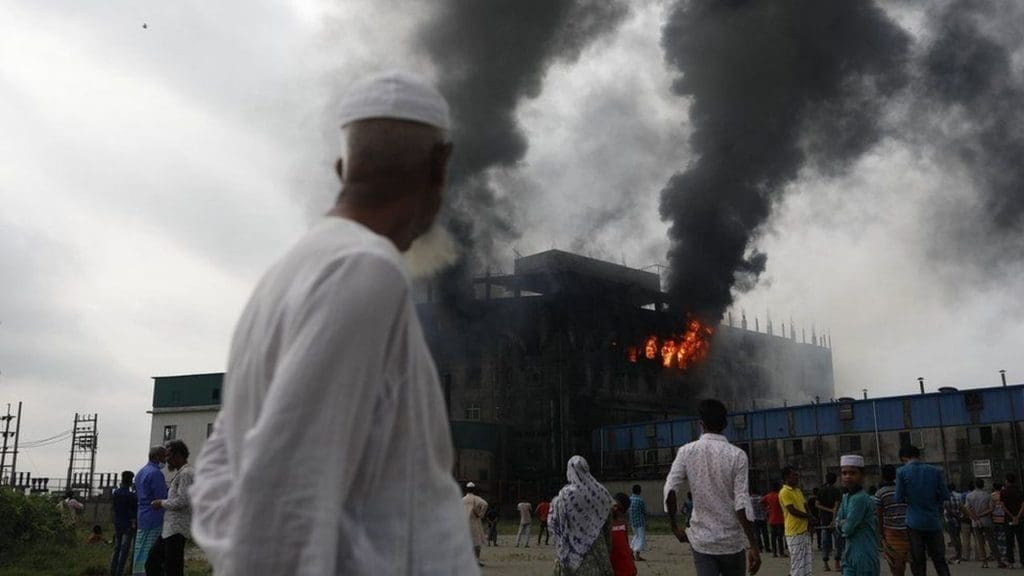
Local news publishers facing revenue declines seem afraid to challenge the same organizations which buy advertising. Large-scale media clearly falls on one side or the other of the political spectrum despite fawning innocence.
Even if media is not as biased as people think, the homegrown conspiracy theories exploding on social media pant seeds of mistrust. The relationship between the media and the people is like a bad divorce and the winners are those in power.
Sadly, when media loses, democracy dies a long, slow death. Orato proposes another way and something new. We seek to bring back news by the people on the ground across the globe. These are people who are saying NO to the secrets that keep us oppressed. Our stories are investigative journalism at their finest. We make no apologies.
Orato obtains and verifies true stories from real people
Journalist David Bett risked his life to enter the den of a killer and capture the truth about gangs in Kenya: Ex-gang leader faces reckoning for years of killing, rape, and terror | Orato
Foreign Correspondent Vandita Agrawal verified and captured the true story Child seeks justice in India after repeated rape | Orato. She exposed a horrific pattern of child rape in India, largely ignored around the world.
We continue to be baffled how in 2021, a genocide is taking place and the world is not up in arms! Investigative Journalist William Koblensky Varela worked with a survivor to expose the truth about China’s exterminations and torture campaigns. He brought us Omar Bekali survived the Uyghur genocide in Xinjiang, China | Orato.
This is what investigative journalism can look like in a new era. It will take stories like this, repeated and shared throughout the world, to overcome the insidious and grave effect of misinformation. This is how we battle the slow erosion of accountability that has allowed power structures to separate us from the truth and one another.


